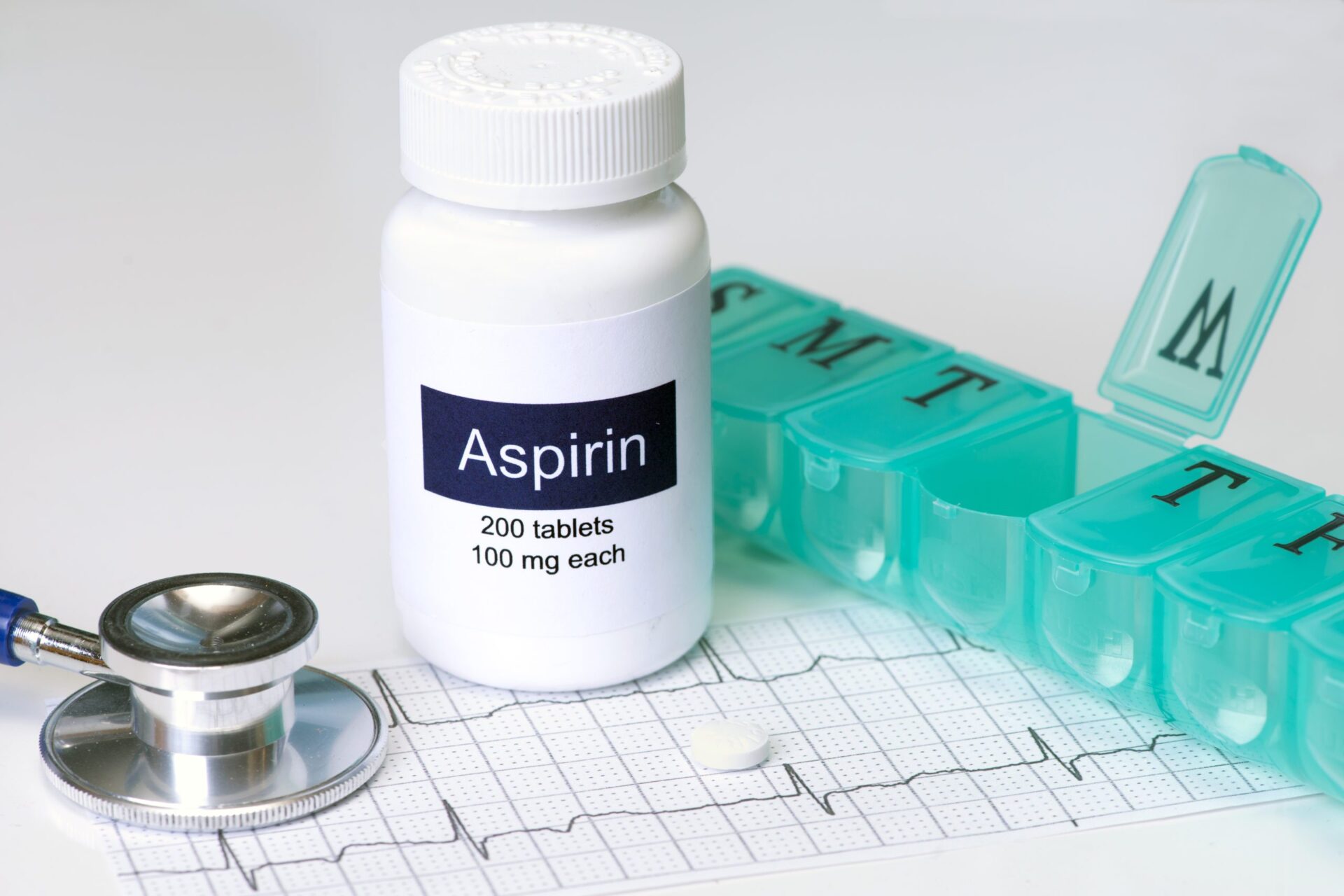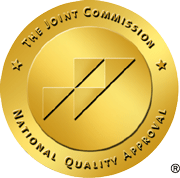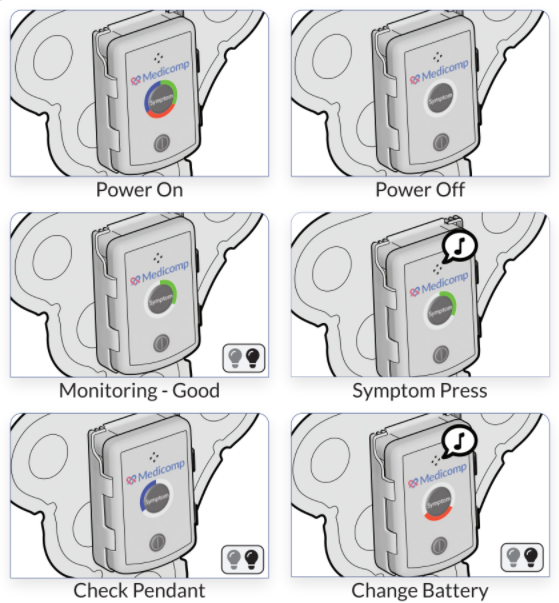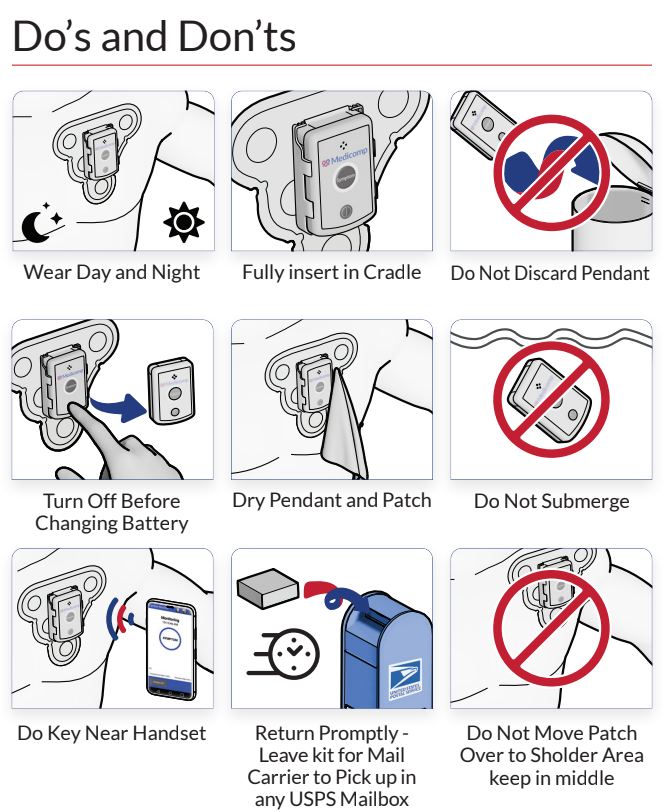The American Heart Association has long recommended a low-dose aspirin daily for anyone wishing to prevent a heart attack or stroke. This precautionary measure kept blood clots from forming, which reduced the amount and severity of heart attacks and strokes. Several decades later, further research has determined that a low-dose aspirin may not be as good of an idea as originally thought. ReactDx, your long-term Holter professionals, wants to ensure you have the most up-to-date information concerning heart care to help you make the best decision regarding your health.
The American Heart Association and American College of Cardiology worked together to create the 2019 ACC/AHA Guideline on the Primary Prevention of Cardiovascular Disease. Part of the plan includes Target: BPTM, an initiative to improve health outcomes and lower the number of adults with uncontrolled blood pressure. Target: BP recognizes organizations that help patients control hypertension rates at a percentage of 70% or greater. To this end, the guidelines now include the following.
Aspirin
If you are healthy and have no evidence of heart disease or a past history of heart disease or stroke, it is no longer recommended that you take a low-dose aspirin every day. If, however, you have had a heart attack or stroke, or if you have had open heart surgery or stents placed in your heart vessels, continue to take low-dose aspirin.
Lifestyle Changes
Focus on your lifestyle to strengthen your cardiovascular system. Stop smoking, eat healthy meals, and exercise to promote heart health. Incorporate more homemade foods into your diet. Cook meals that do not always start in a box or bag; for example, a meal of rice, chicken, and vegetables is satisfying and low in fat.
Work With Your Doctor
The AHA has found that when patients take control of their care, positive results are seen. By working with your primary care physician and cardiologist, you can create a plan where everyone is happy. And when you are in charge of your own health, you are more likely to follow the guidelines.
If you believe your heart is not working as effectively as it was in the past, contact your doctor who can recommend a long-term Holter from ReactDx to determine if you may need additional care. Read about the latest advancements in cardiovascular care on our website, or contact us online or at 800-23-HEART.




